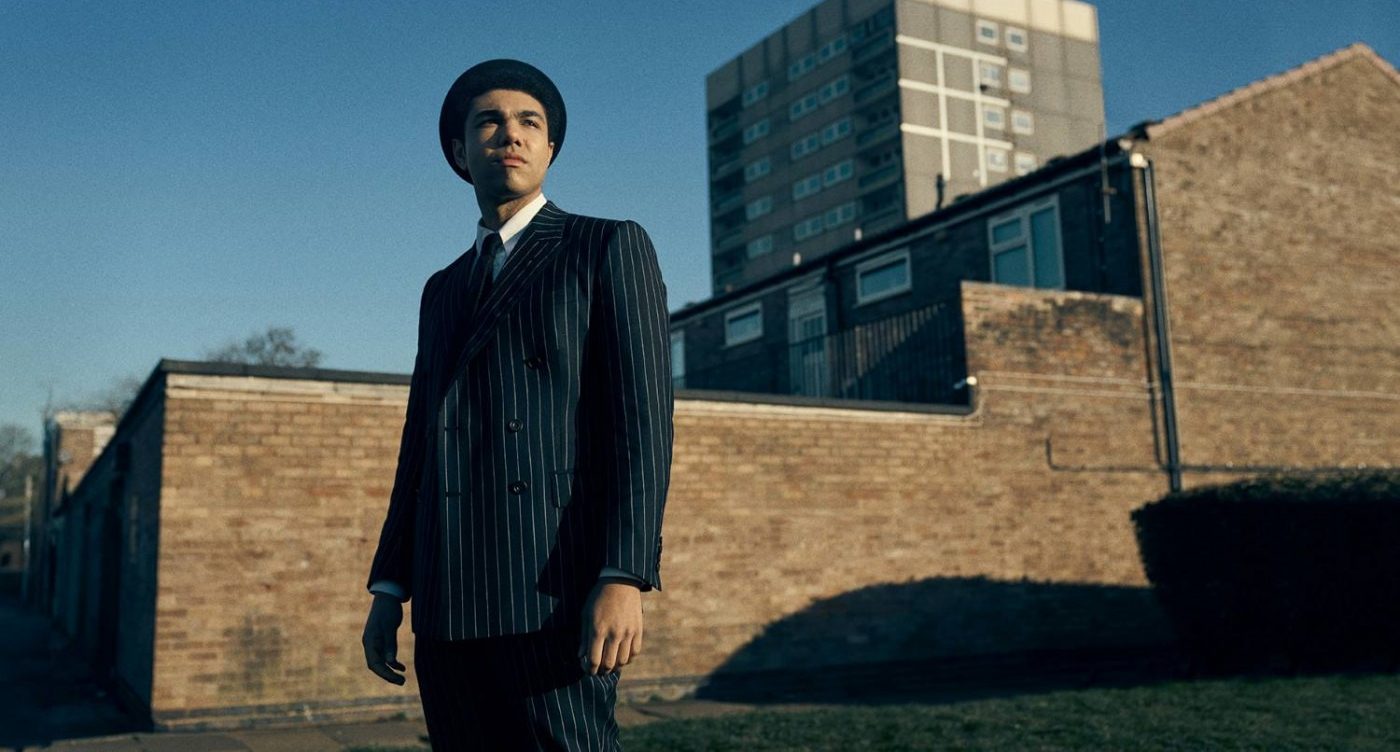This Town: New BBC Drama puts West Midlands back on the Map
It hasn’t been the easiest of years for Birmingham. Back in March, its city council announced swingeing cuts following bankruptcy, resulting in a whole range of belt-tightening from the sale of community centres to the dimming of street lights. Just a few days earlier, production ceased on the BBC soap opera Doctors, which was filmed in the city, a move which has for many made the BBC’s promise of regionalisation ring hollow.
And it is in this context which This Town, a new six-part drama from the corporation, comes bursting onto our screens. Crafted by Steven Knight, who penned the generational success Peaky Blinders, it aims to place West Midlands drama on the map. And this is also a period piece of sorts, however a more contemporary one than his Cillian Murphy-starred super-hit. Set in 1981, it amalgamates social unrest in Birmingham with the violence of The Troubles, pitching Britain’s Second City and our very own Coventry as the meeting point of conflict between the state and paramilitary groups.
The fascinating web This Town weaves is also its slight shortcoming
It couples two equally messed up and dissatisfied leads. There is the lovesick Dante (Levi Brown), whose choice of name is hardly accidental. He is Coventry’s answer to John Keats crossed with Leonard Cohen, though is so self-pitying in his failed advances he is more like Mat Baynton’s laughable Romantic poet Thomas in Ghosts. His dad (Nicholas Pinnock), though now settled, has had a rugged past and seeks to guard his son both from the folly of weighty expectation and the ruthlessness of life. Then we have Bardon (Ben Rose), also with aspirations beyond the Midlands (Dante and Bardon are cousins, if you hadn’t guessed how these disparate threads would fuse.) He is a skilled singer and dancer, intelligent and wise. But he is stifled by his family business: mainland operations for the IRA. The life sketched out for him is the rebel life, and any attempts at resisting this only drag him further into it. Dante’s brother Gregory (Jordan Bolger) is the only one of the boys to have escaped to better things, serving as a British Army officer in a Troubles-riven Ireland, caught on the opposite side of his uncle’s family. He is losing his nerve, though, and is pulled back into the orbit of Birmingham by not so serendipitous events.
This fascinating web This Town weaves is, however, also its slight shortcoming. If you can work through the show’s opener, which pulls us between Belfast and Birmingham at a jarring moment’s notice, you will become more comfortable with what this series is seeking to do. It is cinematically impressive, aesthetically delightful and incorporates a powerful soundtrack and scenery with ease. Yet at times, it is painfully slow and reflective. Dante’s monologues are achingly amateur and become only more self-indulgent and purposeless as the show progresses.
By the end of the show…my interest in whatever Bardon and Dante’s band is called this week was far less pronounced
And despite the show’s central music ambitions, it is in fact this part of This Town which leaves most to desire. A glittery soundtrack featuring top guest stars from Self Esteem to Gregory Porter is mostly reserved for the end credits. Bardon and Dante’s coming together in the hottest musical group to come out of Coventry since The Specials about five minutes before is almost bolted on to the end of the series. It is also a more pedantic observation, but the overtures to two-tone are purely surface level. There is little of this Birmingham and Coventry landscape which appears touched by those musical awakenings, even if its depictions of early 1980s Britain appear to bang on the money. Far more fascinating and alluring is the political psychodrama at play between the families, which brings to bear all the most enticing bits of drama. Bolger’s performance as Gregory is highly accomplished, and the brilliant John Heffernan is superb as his army enforcer. By the end of the show, however, my interest in whatever Bardon and Dante’s band is called this week was far less pronounced.
This was clearly a personal return to roots for Knight, who wanted to create a drama more closely connected with his Birmingham upbringing. But it was really his dramatic skills which showed best in this still-impressive drama. An important salvo for a city still licking its wounds and worrying about the future.

Comments